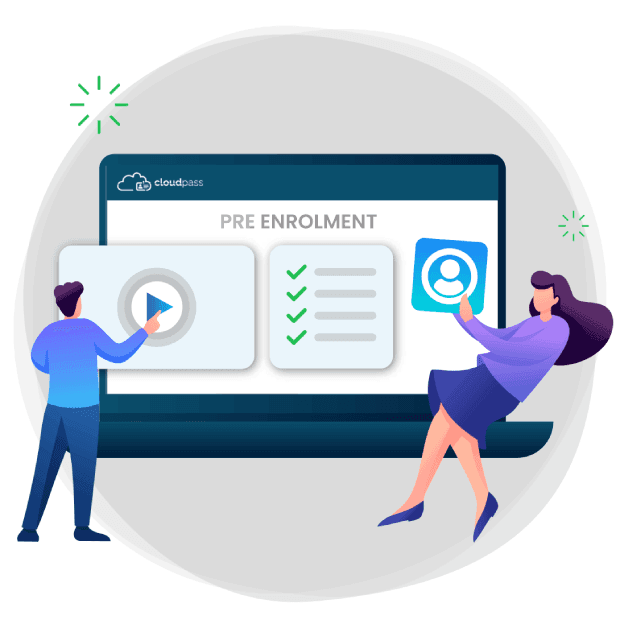Call for Enhanced Digital ID Reach and Streamlined Enrollment Process by Nigerians for New NIMC Leader
by Solomon Ogbeta, Data Analyst
1. The Digital Transformation Era
In the context of the call for expanded digital ID coverage, "The Digital Transformation Era" encapsulates the pivotal role that digital identities play in the contemporary landscape. The world is undergoing a profound digital transformation, where almost every facet of life, from communication to commerce and government services, has migrated to the digital realm. In this era, the concept of a digital identity has transcended being merely a convenience; it has become a fundamental necessity.
Top tip
Digital IDs are the linchpin of this transformation, serving as the gateway to the digital world. They enable individuals to engage in online transactions, access e-services, and authenticate their "identity" securely in the virtual space!.

2. Addressing Inclusivity
"Addressing Inclusivity" underscores the critical aspect of ensuring that the benefits of digital identity are accessible to all segments of society. It recognizes that inclusivity is not a mere aspiration but an ethical and practical necessity. Inclusivity means that every Nigerian, regardless of their geographical location, socioeconomic status, or background, should have the opportunity to obtain a digital ID.

Achieving inclusivity means bridging the digital divide and ensuring that the advantages of digital IDs are not restricted to urban centers or privileged populations. It encompasses enabling rural citizens and underserved communities to participate in the digital economy, access essential services, and exercise their rights. It is a call for equity, recognizing that digital identity should be a tool for empowerment and social cohesion, uniting citizens under a common digital framework.
3. Simplifying Documentation
"Simplifying Documentation" delves into the practical challenges citizens face when gathering the required paperwork for NIN enrollment. It recognizes that the current documentation requirements can be cumbersome and exclusionary. Simplification involves reevaluating these requirements and considering alternative approaches to make the enrollment process more accessible.

This simplification process may involve accepting a broader range of identification documents, reducing the reliance on hard-to-obtain documents like birth certificates, and exploring digital solutions for document submission. The goal is to remove unnecessary barriers that may deter citizens from participating in the NIN enrollment process, thus facilitating broader digital identity coverage.
4. Modernizing Enrollment Centers
"Modernizing Enrollment Centers" highlights the need to revamp the infrastructure and technology used in enrollment centers across Nigeria. It acknowledges that the efficiency and user-friendliness of these centers play a pivotal role in citizens' enrollment experiences. Modernization involves embracing cutting-edge biometric technology, upgrading facilities, and optimizing the overall enrollment process.

This modernization effort aims to create enrollment centers that are equipped with state-of-the-art biometric scanners, efficient data capture tools, and improved queuing systems. Moreover, it addresses the physical aspects of these centers, ensuring that they are accessible, secure, and conducive to a positive citizen experience. By modernizing enrollment centers, the government can enhance the efficiency and effectiveness of the NIN enrollment process, making it more attractive and accessible to a broader range of citizens.
